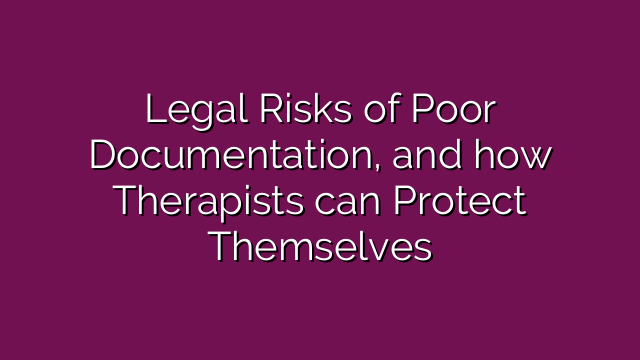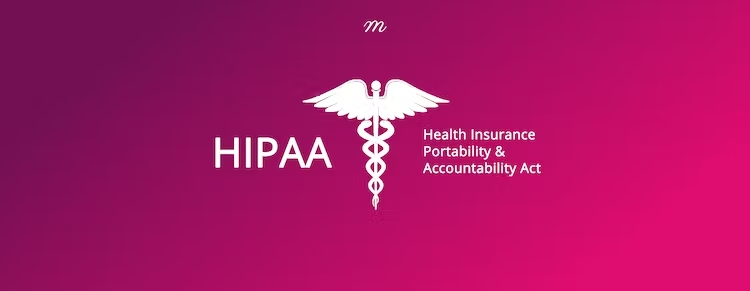Have your progress notes written for you automatically
The Health Insurance Portability and Accountability Act (HIPAA) is a federal law that protects the privacy of patient health information. The law requires covered entities, such as health care providers and health plans, to take steps to safeguard this information. One way the law does this is by restricting the disclosure of psychotherapy notes.
The psychotherapy notes produced by psychotherapists are defined as notes recorded in any medium by a mental health professional documenting or analyzing the contents of a conversation during a private counseling session. Under HIPAA, psychotherapy notes can only be disclosed with patient authorization or in limited circumstances, such as when required by other laws or when necessary to protect the patient or others from serious harm.
This protection is important because psychotherapy notes can contain sensitive information that could be used to embarrass or discriminate against a patient if they were made public. By restricting the disclosure of psychotherapy notes, HIPAA ensures that patients can receive the mental health care they need without having to worry about their private information being shared without their consent.
HIPAA applies to any psychologist who transmits protected health information (PHI) in electronic form in connection with a health care claim. This means that if you submit even one insurance claim electronically, you must comply with HIPAA.
The Privacy Rule portion of HIPAA sets forth specific protections for psychotherapy notes. These are notes that a mental health professional makes about a counseling session. They must be kept separate from the rest of the patient’s medical record, and can only be disclosed with the patient’s detailed authorization.
The Privacy Rule also permits psychologists to consult with other healthcare professionals without the patient’s permission, as long as the consultation is for treatment purposes. However, many states have their own laws that may provide even greater protection for patient privacy.
There are some exceptions to the confidentiality requirements, such as when disclosure is required by law, or when disclosure is necessary to prevent imminent harm to the patient or others. But in general, psychotherapy notes must be kept confidential and may only be disclosed with patient consent.
HIPAA is an important law to be aware of if you are a psychologist in private practice. Compliance with HIPAA can be daunting, but there are resources available to help you. The APA Practice Organization and the APA Insurance Trust offer a product called HIPAA for Psychologists that can help you to understand and comply with the law.
The penalties for violating the HIPAA Privacy Rule are severe and can include civil and criminal penalties. But more importantly, HIPAA compliance is a requirement of the ethical practice of psychotherapy. Psychotherapists who do not take steps to ensure HIPAA compliance are putting their patients at risk, and are not living up to their ethical obligations.
Violations of the HIPAA Privacy Rule can result in civil or criminal penalties. The Department of Health and Human Services Office for Civil Rights enforces the Privacy Rule and has the authority to impose civil penalties of up to $50,000 per violation, with a maximum of $1.5 million per year.
Sources:
- https://www.apaservices.org/practice/business/hipaa/faq
- https://www.goodtherapy.org/for-professionals/software-technology/hipaa-security/article/hipaa-for-mental-health-professionals-the-basics
Reviewed by: Brittainy Lindsey
Disclaimer
All examples of mental health documentation are fictional and for informational purposes only.









